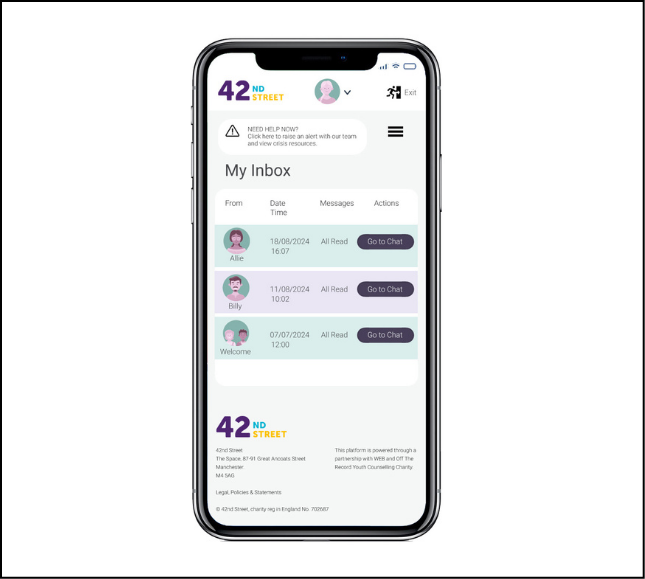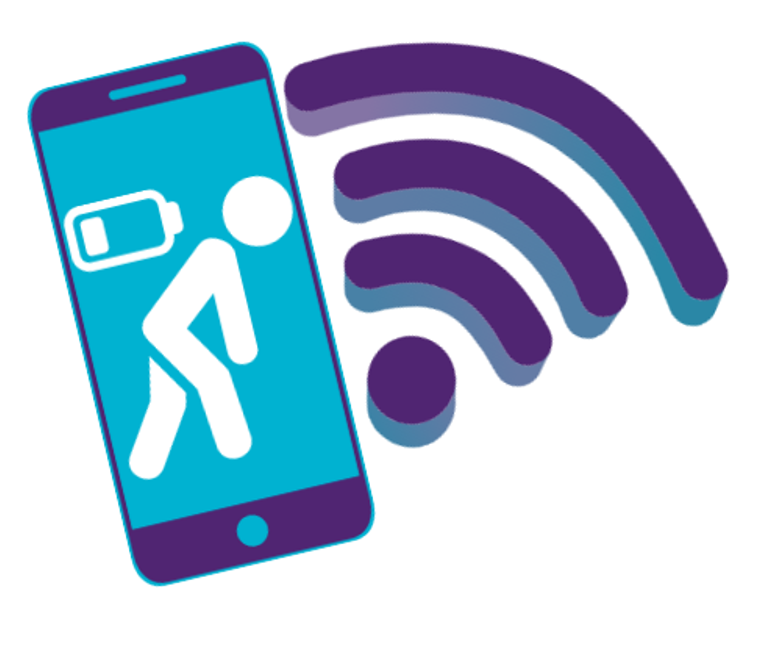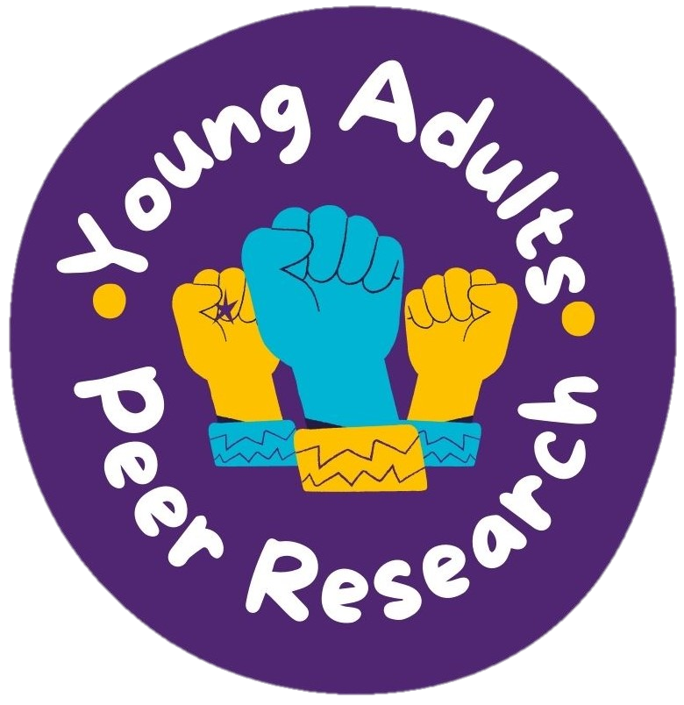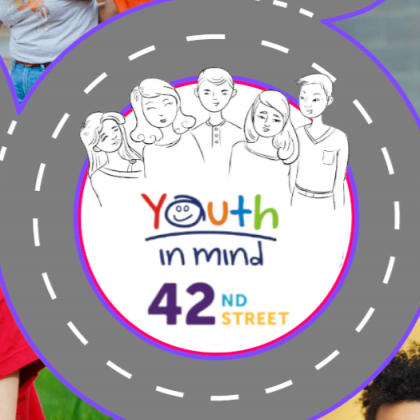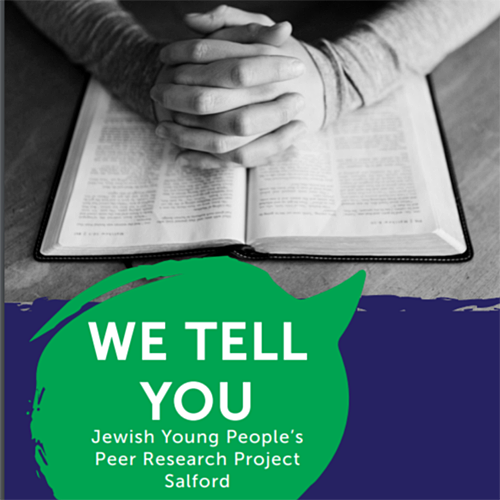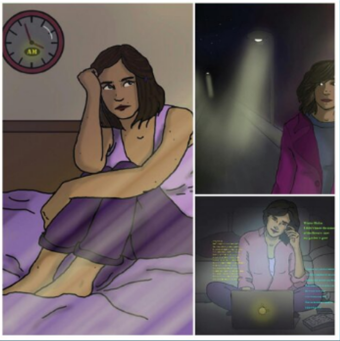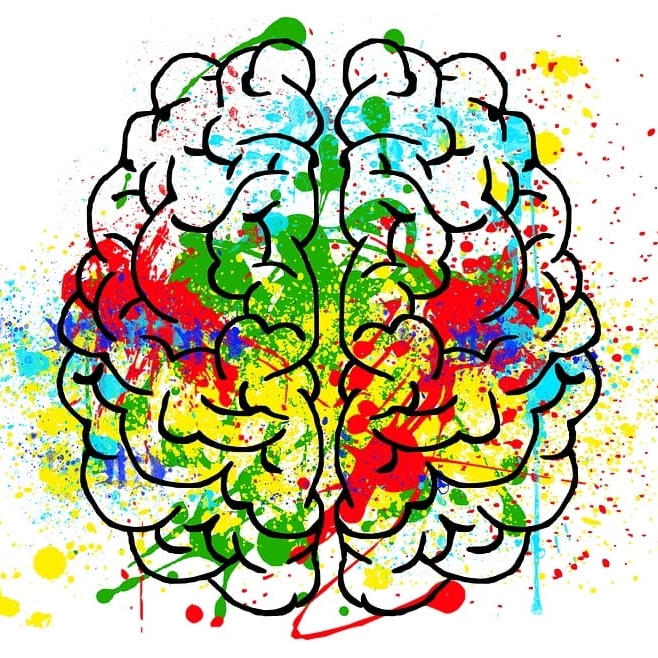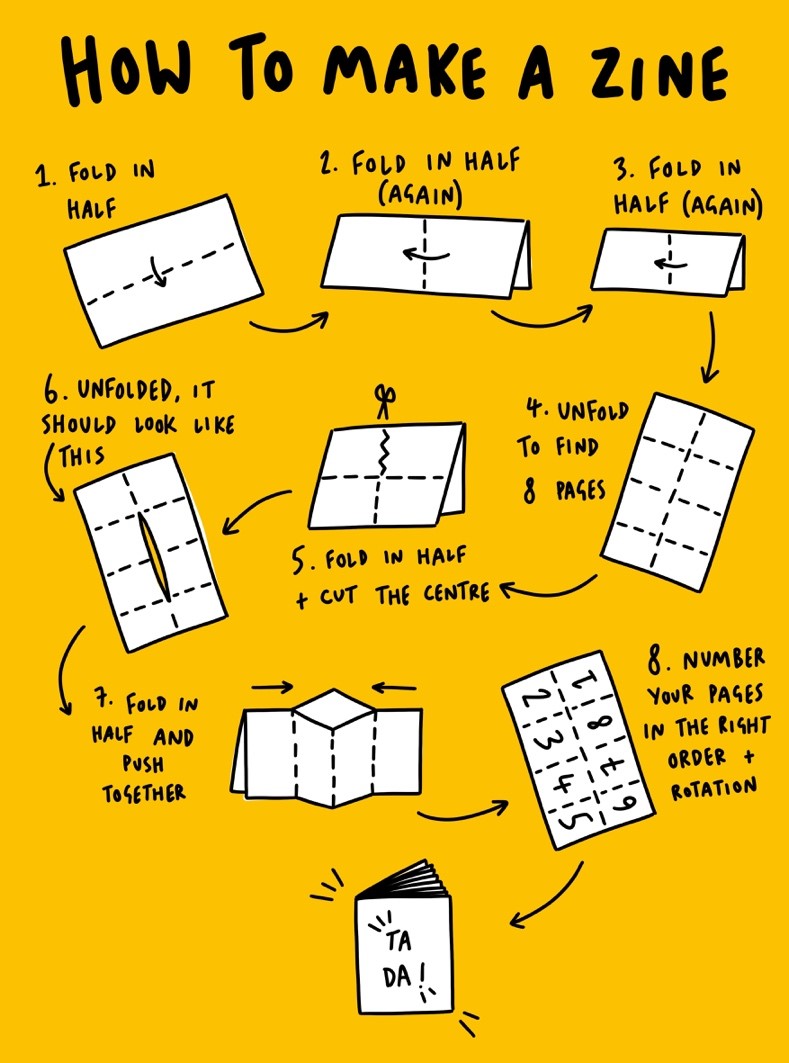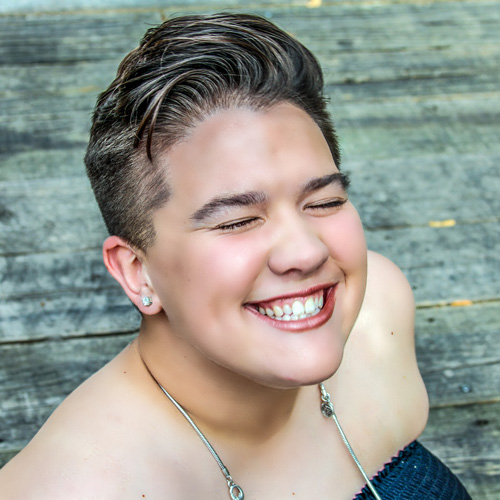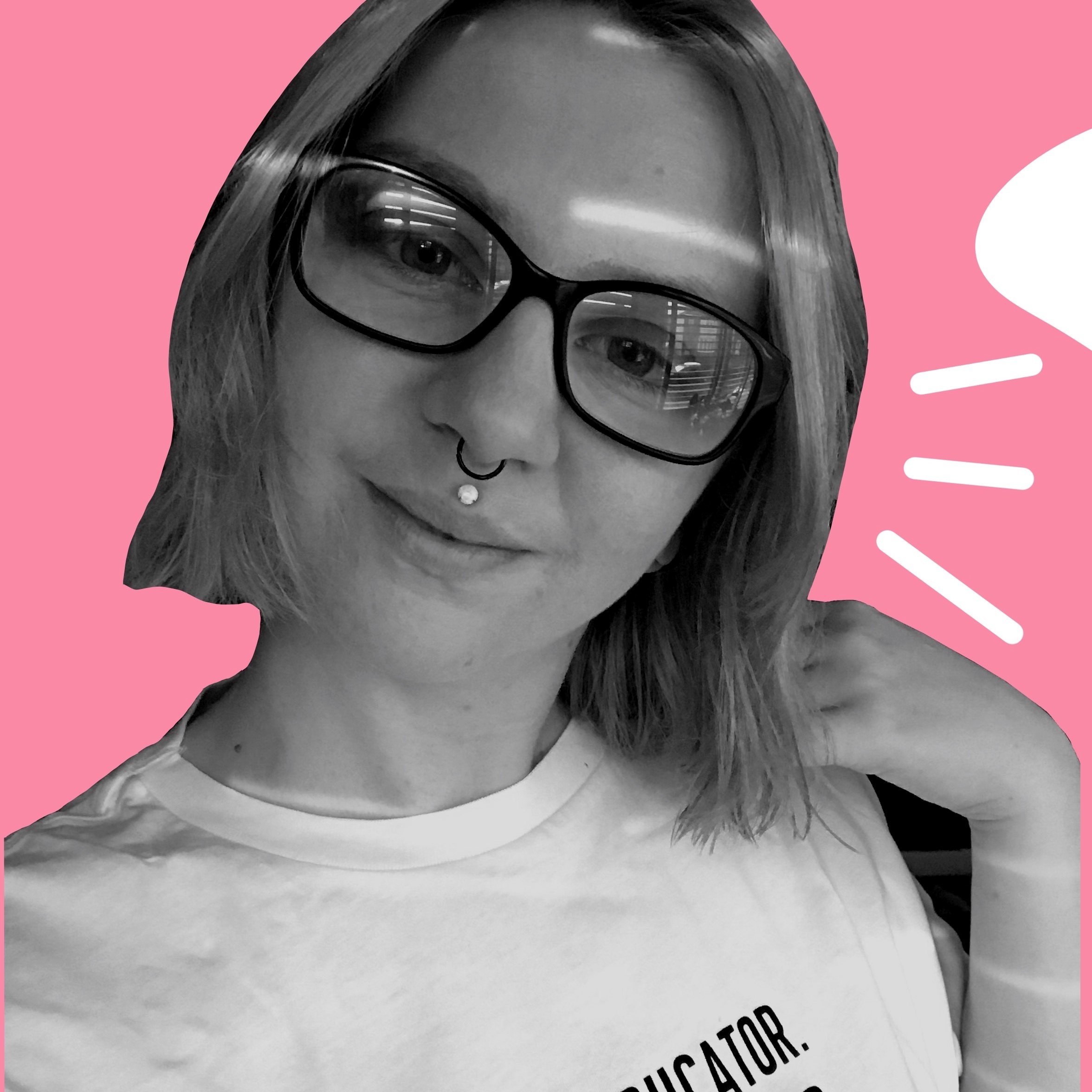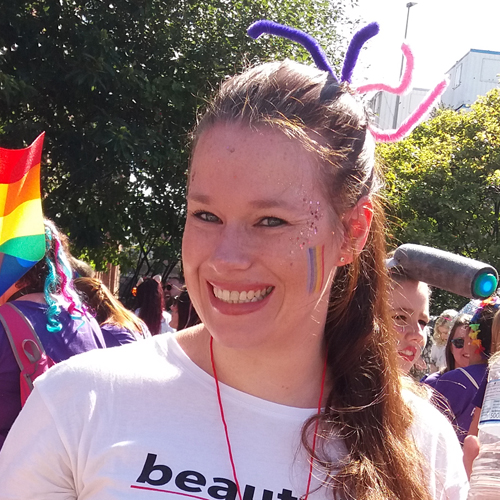Understanding Eating Disorders
Reading time: 3-5 minutes
Eating disorders take many forms and will most likely look different from one person to the next. If you have an eating disorder, you may use certain eating behaviours to manage difficult feelings or events that are going on in your life.
Some of these behaviours might include restricting the amount or type of food that you eat, consuming large amounts of food in one sitting, or ‘purging’ the food that you have eaten by vomiting, excessively exercising or taking laxatives.
It’s a common misconception that eating disorders only affect young women, but this is not the case. Anyone can struggle with an eating disorder, regardless of their age, gender, weight, or other characteristics. Some of the most common eating disorders are:
- Bulimia
- Anorexia
- Binge eating
- Other Specified Feeding and Eating Disorder (OSFED)
The causes behind eating disorders can be complex and we’d really encourage you to seek support if you feel you may be affected as they can often lead to quite serious medical problems.
BEAT (the UK’s leading eating disorder charity) has a lot more information about different types of eating disorders on their website, which may help you to understand things a little better.
What can they feel like?
When negative emotions or situations arise, the behaviours associated with eating disorders may feel like they help to relieve stress or make you feel more in control. You may find the behaviours helpful at first but they can quickly start to feel like a compulsion that is very difficult to stop.
Because eating disorders are different for everyone. Below are some things that a person with an eating disorder may experience, but if it’s something you’re worried about do talk to someone whether or not you feel these describe what you’re experiencing.
- Significant concern around weight and body shape
- Feelings of isolation due to eating behaviours
- Imposing strict habits or rules around food
- Avoidance of social events
- Changes in mood
- Feeling cold, tired or dizzy
- Digestion problems
- A very high or low weight for someone of that age and height
- Loss of period for those who menstruate
What might help?
- Talk to someone. This one will always be on our list! Telling someone about your struggles can be the first step towards getting help. It’s easy to get lost in your own thoughts, but talking to someone you trust can help you to feel a little better. It can also be very helpful to have someone supporting you through you understands eating disorders and often your GP will be able to put you in touch with someone like this (there’s a list at the end of this article too)
- See a GP. They’ll be able to determine whether or not you have an eating disorder and refer you to a team of specialists, who will be better equipped to help you. Although recovering from an eating disorder can feel almost impossible at times, seeking professional help and working with people who understand what you’re going through will likely send you in the right direction!
- Join a support group. It’s easy to feel like you’re alone when you have an eating disorder. Knowing that this is not the case can be very reassuring. BEAT provides online support groups for people with eating disorders to hold discussions and share their experiences. There’s also a HelpFinder tool which allows you to search for eating disorder support groups in your area.
Where to go for more support
In addition to visiting a GP, you can also find support in other places:
- BEAT offers a number of support services, resources and a wealth of information about eating disorders on their website. BEAT’s helplines are also open 365 days a year for you to speak to a trained support worker about how you might be feeling or to ask any questions. Also SEED http://www.seedeatingdisorders.org.uk has some great resources and for parents there’s also FEAST http://www.feast-ed.org.
- Community ED Teams (CEDS) If you’re in Manchester, Trafford or Salford and under 18, there’s a great service who can give you an assessment for an eating disorder, usually within 4 weeks. They can offer a range of support and advice and you can find out how to get in touch at https://mft.nhs.uk/community-eating-disorder-service/
- Gaskell House is a Manchester-based eating disorder service for people aged 18 and above who are struggling with an eating disorder. They have a video about their services here, along with contact details for more information.
- Have a read of these self-help guides for lots of useful information, strategies and step-by-step exercises to help you overcome your eating disorder.
- Chat to us if you need. While we’re not eating disorder specialists, our services allow you to talk about your feelings, help you to understand why you behave in the ways that you do and develop more positive coping strategies when difficult feelings come up. We provide a number of services, both online and face-to-face, which offer something slightly different depending on what you want to get out of the support. Overall, though, every service provides you with someone who will listen, acknowledge your feelings, and work with you to develop ways to manage your emotions. You can read about our services here.
By: Ruby Guyler






